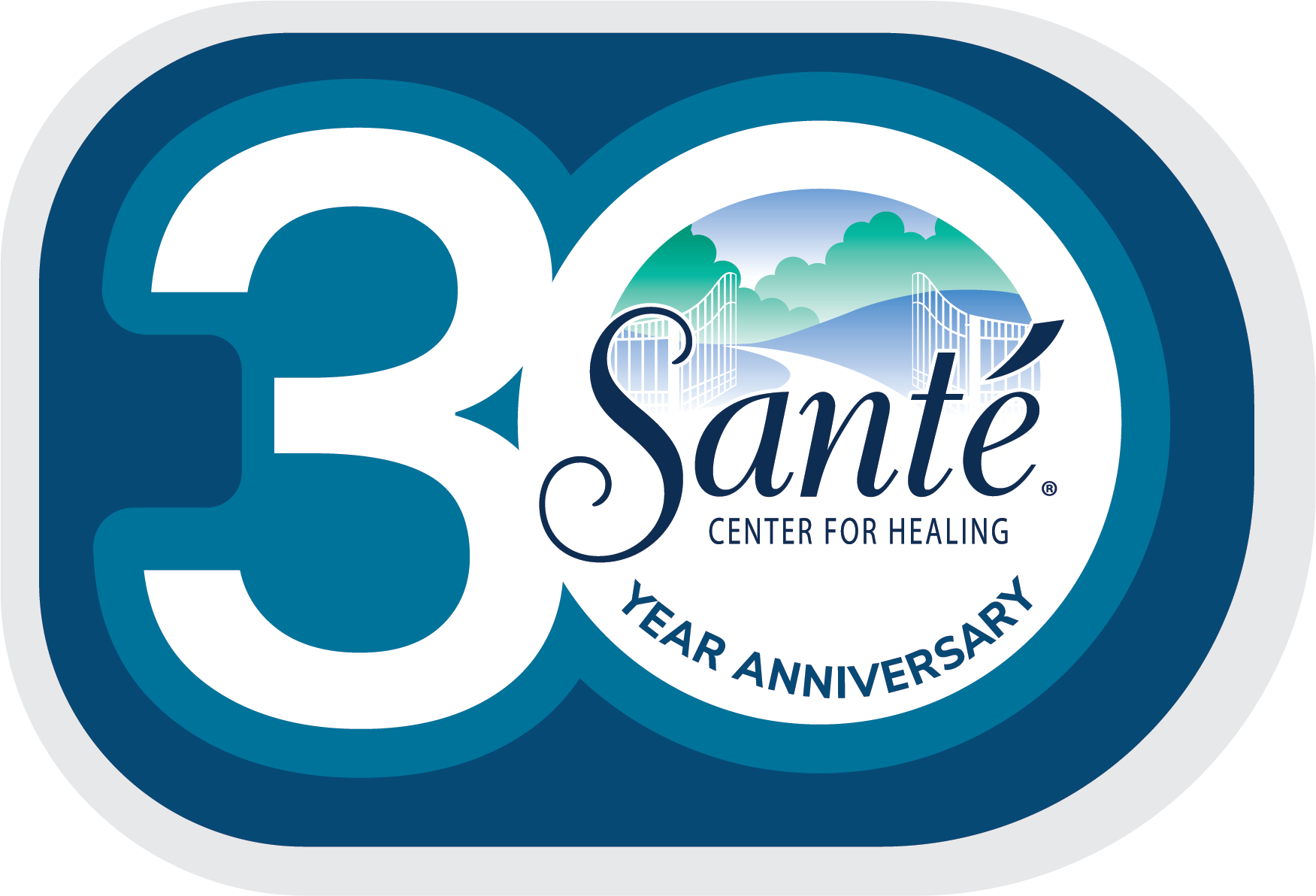Reaching the point where you’re ready to ask for help is a courageous step. If alcohol is affecting your health, relationships, or sense of self, you might already know it’s time for a change—but figuring out where to begin can feel overwhelming. The first step toward getting treatment for alcohol addiction doesn’t have to be complicated, and you don’t have to do it alone. At Santé Center for Healing, we walk with you through each stage of recovery, fearlessly offering a pathway toward recovery rooted in compassion, experience, and an integrated clinical and medical continuum of care.
This is your moment to move forward. Reach out to Santé Center for Healing today. Our team is ready to listen and help you take that all-important first step toward a life of healing.
What are the stages of alcohol substance abuse?
Alcohol use doesn’t usually become a problem overnight. It often unfolds in stages, which may look different for each person but tend to follow similar patterns.
Drinking on special occasions
At first, it might begin harmlessly enough, with a few drinks on weekends or during special occasions like parties, social gatherings, or celebrations. It may feel like a way to unwind, connect with friends, or enjoy the moment.
Drinking to feel “normal”
Some people find themselves drinking more after work to unwind, or they begin to need alcohol in social situations just to feel “normal.” Emotional triggers like stress, anxiety, or grief can speed up this progression. And as tolerance builds, so does the need to consume larger amounts to feel the same effects.
Drinking because it’s no longer a choice
Eventually, alcohol may no longer feel like a choice—it becomes a daily habit that feels impossible to break. By this stage, physical dependence can set in, and attempts to stop might lead to uncomfortable or even dangerous withdrawal symptoms.
Needing treatment for addiction
Understanding these stages isn’t about assigning blame. It’s about helping you recognize the signs and feel empowered to make changes.
No matter which stage you or a loved one is in, treatment is possible. Recovery is real—and it can begin today.
What are the signs of alcohol addiction?
Recognizing the signs of alcohol addiction can be challenging because alcohol is often socially accepted. However, when drinking becomes a way to cope, it can negatively impact your well-being. Here are some common signs to look out for:
- Feeling ashamed of how much you’re drinking or hiding it from loved ones
- Withdrawing from family, friends, or community
- Missing work or falling behind on responsibilities
- Experiencing sleep problems, mood swings, or worsening chronic health issues
- Feeling anxious or shaky in the mornings, with alcohol being the only relief
- Wanting to stop but feeling unable to
If alcohol is taking more from your life than it’s giving, it’s a sign that support is needed. Searching online for “alcohol addiction treatment near me” could be your first step toward hope and recovery. There’s no shame in seeking help—there’s only strength in reaching out.
What is the first step toward recovery?
The very first step toward recovery from alcohol addiction is often the most emotionally charged: acknowledging that you need help. This step isn’t about weakness—it’s about reclaiming your health, relationships, and peace of mind. It’s okay to feel nervous, overwhelmed, or uncertain. These feelings are completely normal, and you’re not expected to have everything figured out.
Seeking professional help
Some people start by calling a helpline or speaking to a doctor. Others confide in a friend or family member they trust. What matters is taking that first action, however small it may seem. Even just reading this blog is a form of progress.
Undergoing medical detox
For many, recovery begins with alcohol detox. This process prepares your body and mind for what comes next and helps you safely manage withdrawal symptoms, such as:
- Nausea
- Insomnia
- Anxiety
- Tremors
- Seizures
Detoxing can also help reduce the risk of serious complications, such as delirium tremens. Detoxing without medical supervision can be risky, especially for those with long-term or heavy alcohol use. That’s why supervised detox programs are so valuable. At Santé Center for Healing, clients receive care from licensed professionals who understand how to ease discomfort and keep you safe.
Going to therapy or counseling
After completing detox, it’s crucial to address the underlying issues that led to alcohol abuse. This is where therapy or counseling can be extremely beneficial. A therapist or counselor can help you identify triggers, develop coping mechanisms, and work through any past traumas related to alcohol use.
But healing starts with that first step, and it’s a step you don’t have to take alone. Acknowledging you need help can be hard, but it’s an act of courage and self-care. Seeking professional help shows you are actively taking charge of your health and well-being.
What should you consider when choosing an alcohol addiction rehab?
Choosing a recovery program is a deeply personal decision. You want a place where you feel seen, heard, and understood. It’s more than choosing a location or checking off services—it’s about finding a place that aligns with your values, needs, and hopes for the future.
It helps to look for centers that treat more than just the addiction. Mental health conditions like anxiety, depression, trauma, and bipolar disorder often go hand in hand with alcohol use. A center that offers dual diagnosis treatment can make a big difference in how lasting and meaningful your recovery is.
You may also want to think about your daily environment. Is the setting peaceful? Do you feel like you could begin to breathe and heal there? Santé Center for Healing offers a secluded, calming space where clients can focus on recovery without outside distractions.
It is also important to ask questions like “What happens after I leave?” Some places may provide short-term care, but true healing continues beyond the initial program. We prioritize relapse prevention and alumni support, ensuring we walk beside you long after treatment ends.
Recovery is not about perfection—it’s about progress, and every person deserves a program that honors their humanity.
Why should you choose Santé Center for Healing for your recovery needs?
At Santé Center for Healing, we understand that recovery isn’t one-size-fits-all. That’s why we build relationships with every client, offering personalized support that meets you exactly where you are. We’re more than a treatment center—we’re a community that helps hurting individuals and families in crisis find their way back to connection, health, and meaning.
From medically supervised alcohol detox through residential and outpatient services, we walk with you through every phase. Our therapists and medical professionals use evidence-based techniques that are theoretically sound and technically eclectic, always tailored to your needs and strengths.
We also serve professionals who face unique challenges, offering a safe, discreet environment where healing can happen without judgment. Whether you’re seeking care for the first time or returning after a recurrence of use, you’ll find support, compassion, and purpose here.
Connect with Santé Center for Healing to get started on alcohol addiction treatment in Texas
Recovery is a journey—sometimes messy, always courageous—and we’re honored to walk that path with you. At Santé Center for Healing, you are not alone.
Contact our team online or call 866.238.3154 today to speak with someone who truly understands. Start your healing journey now. Your life is worth reclaiming.


